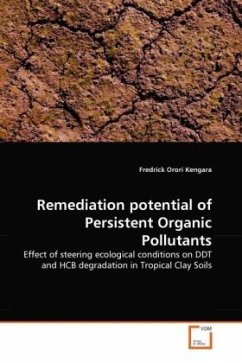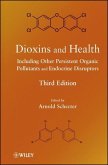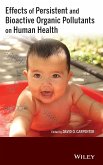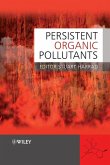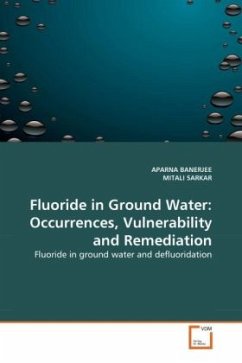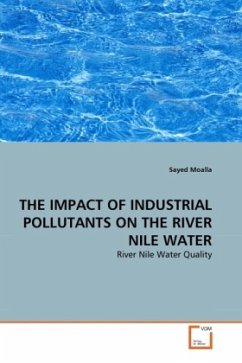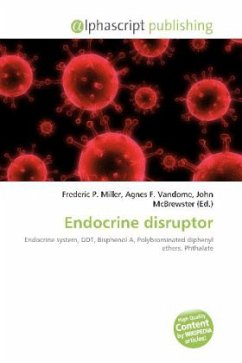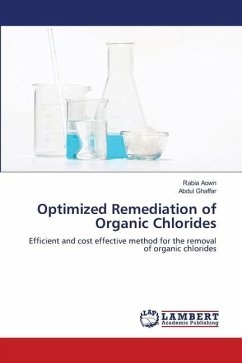Persistent organic pollutants (POPs) have been banned or restricted in most countries due to their detrimental effects. However, some POPs continue to be released into the environment as industrial and combustion by-products e.g. HCB and dioxins, or through use in vector control e.g. DDT. POPs have been extensively studied in temperate soils, but information on their behaviour in tropical soils is limited. Given the differences in both climate, biodiversity and soil types between the temperate and tropical regions, data obtained from the former cannot be used to explain pesticide behaviour in the tropics. It is thus necessary to carry out studies on tropical soils under tropical conditions. In this work, two POPs HCB and DDT - were selected as model compounds for study with two tropical soils in model laboratory experiments. Tropical conditions were simulated and manipulated to study the effect of changing ecological conditions on degradation of POPs. Furthermore, the ability of a selected microbial consortium to degrade a cocktail of 27 POPs in aqueous media was tested.
Bitte wählen Sie Ihr Anliegen aus.
Rechnungen
Retourenschein anfordern
Bestellstatus
Storno

